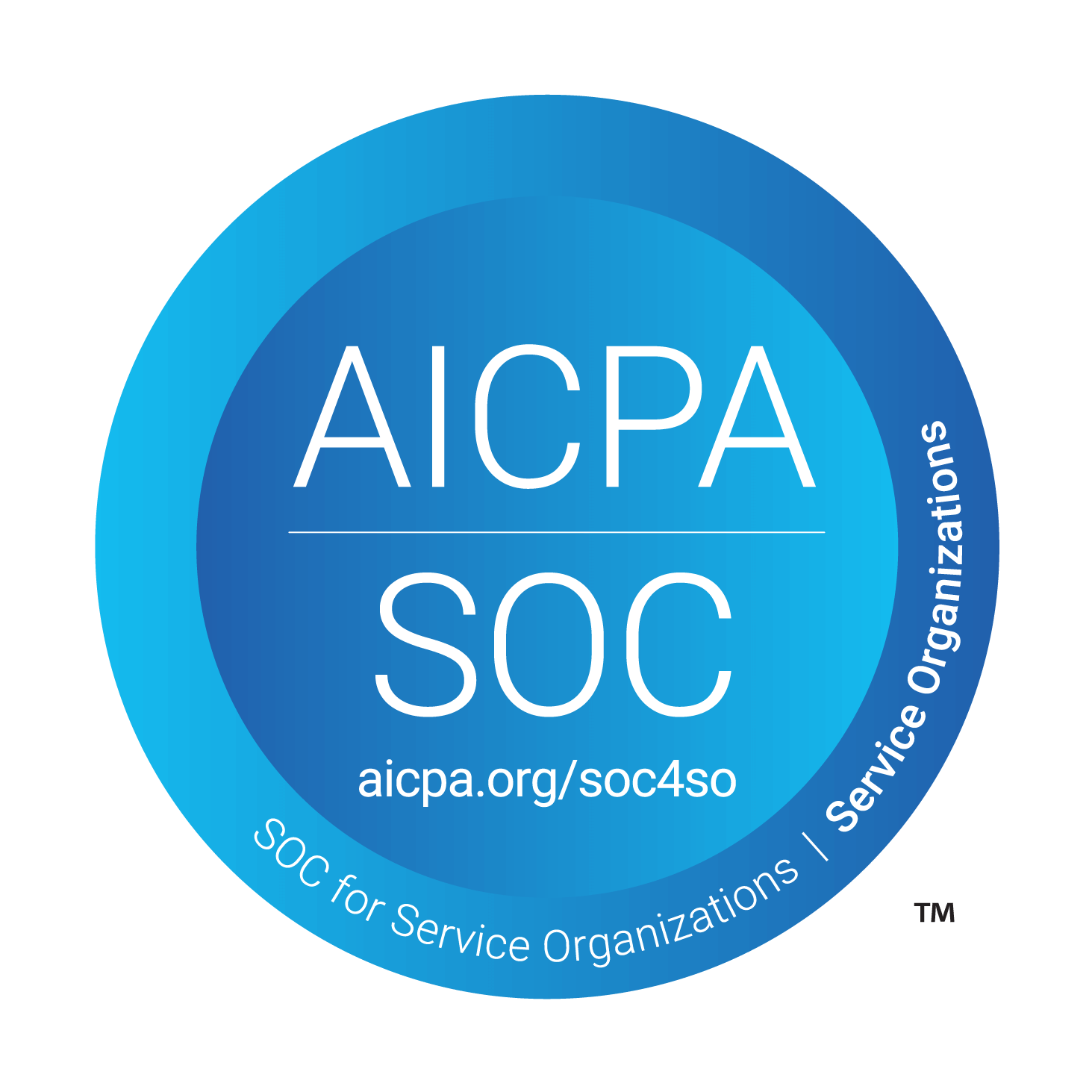Closing the Skills Gap: Supporting Adjusters in Empathetic ALE Management
Across Canada, adjusters need to navigate an evolving claims landscape, more displacements and rising policyholder expectations.
Not every claim involves a large-scale catastrophe. In fact, many of the most emotionally complex ALE situations stem from everyday displacements, a kitchen fire, a flooded basement, or a winter roof collapse.
These events often occur with little warning, creating emotional shock and logistical chaos. Families must make fast decisions about housing, belongings, and school or work routines, all while grieving the sudden loss of security.
But technical knowledge alone isn’t enough. In Additional Living Expense (ALE) claims, where families are often reeling from the loss of their home empathy and communication can make or break the experience.
What Policyholders Need
Clarity, compassion, and reassurance are paramount for insureds they are facing one of the most stressful moments in their life and for adjusters, this means:
- Listening with patience, even if the policyholder is upset
- Validating emotional responses without rushing solutions
- Being transparent about options, timelines, and limits
- Offering choices when possible, even if limited
These skills not only help families feel supported, they help adjusters build trust and move claims forward more smoothly.
Building Soft Skills, Practically
In today’s busy claims environments, formal training isn’t always realistic. But adjusters can build empathy skills through simple, repeatable practices:
- Quick-reference language guides for difficult conversations (e.g., delays, denied housing options)
- End-of-day reflection prompts: “What moment today felt emotionally heavy?”
- Pairing new adjusters with mentors for case reviews
- Scenario-based team discussions: “How would you respond to a family who feels stuck?”
These techniques build muscle memory around human-centered communication—no long workshops required.
Empathy doesn’t require special training—it just takes intention
Adjusters already have the foundation: professionalism, resilience, and the ability to communicate under pressure. Strengthening empathy is about refining those skills with a people-first lens. Here are practical ways individual adjusters can build that skillset into their daily routine:
- Prepare for emotional conversations the same way you prep your claim files. Think: “How might this person be feeling, and how can I help ground the conversation?”
- Use steady, calm language, especially when the situation is tense or information is limited. Simple reassurances like “We’re going to work through this together” go a long way.
- Acknowledge before advising. Starting with “I understand this must be incredibly stressful for your family” before offering solutions builds trust and shows you’re listening.
- Practice concise transparency. If a placement is delayed or options are limited, being honest, without overexplaining, helps insureds stay calm and cooperative.
- Reflect on interactions that felt difficult. What phrases landed well? Where did frustration escalate? A short moment of reflection helps you sharpen emotional instincts over time.
Empathy doesn’t slow things down, it makes the entire process easier and more sustainable in the long run.
A Collaborative Future
As placement partners, an ALE Management company doesn’t replace adjusters, we support them. The role of a good ALE Management company is to take on the heavy lifting of housing logistics while reinforcing the human touch at every step. Working together, Adjusters and ALE Management can create a claims experience that feels not just efficient, but compassionate.
Submit a claim with Accomsure to access responsive ALE support that helps families feel secure—while protecting timelines and reducing stress for adjusters.


